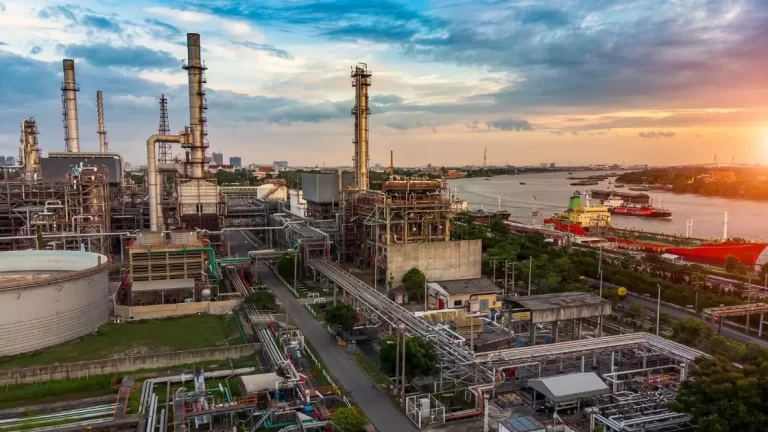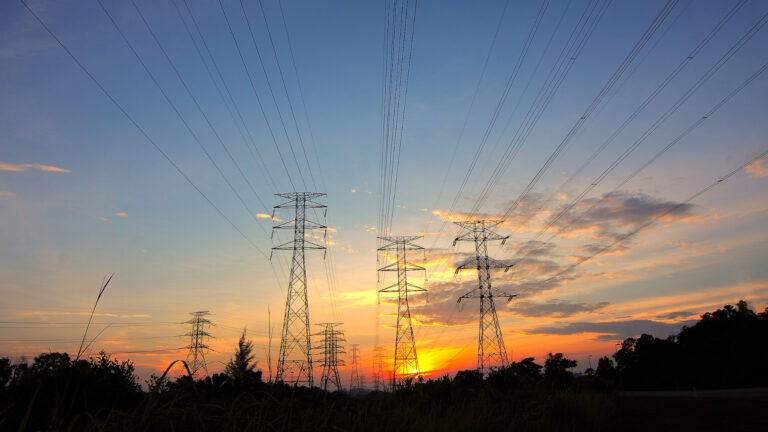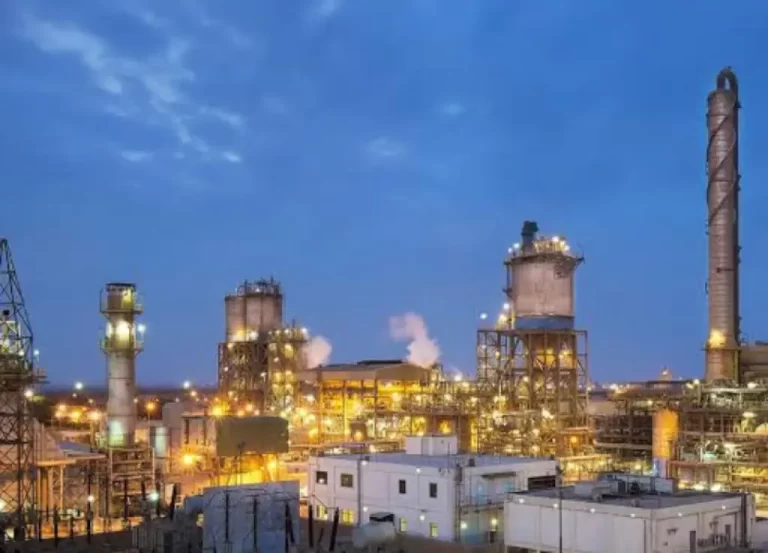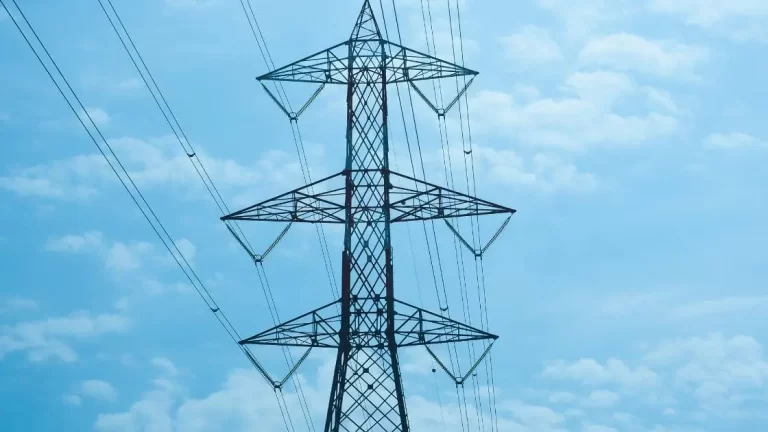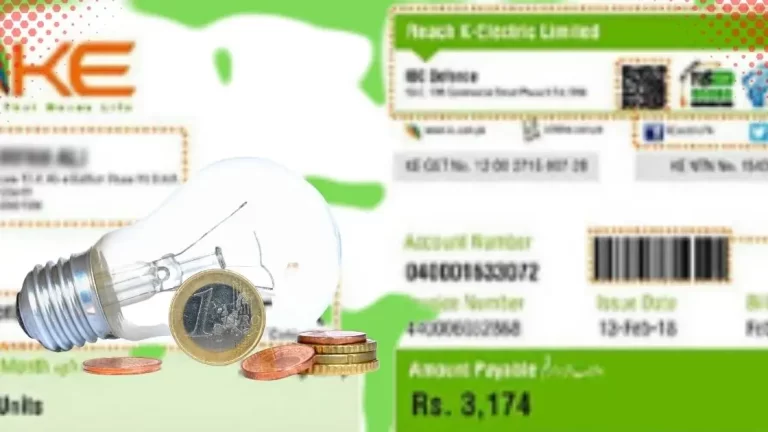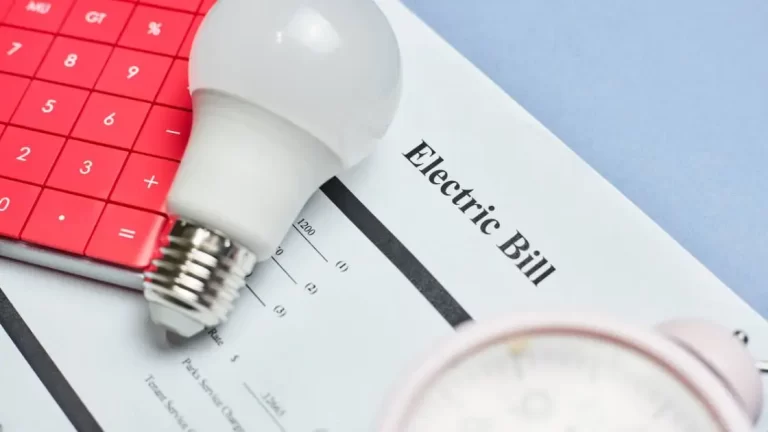Deregulation of the downstream oil sector: enough talk; more action needed!
Dr. M. Ilyas Fazil
The challenges faced by the Downstream Oil Sector of Pakistan fall into two basic categories: those that are the result of recent global developments and those that arise due to systemic fault lines.
In the former category are the international oil prices which have risen to phenomenal heights due to pandemics, wars, and such.
Since Pakistan depends heavily on imports of Oil, 85% of its Crude needs for the local Refineries, 70% of its Petrol, and 50% of its High Speed Diesel (HSD) requirements, these have a direct impact on the Refineries’ and OMCs Cost of Sales and thereby their bottom lines.
In the second category are the OMC and Dealer Margins which have been regulated for a long. The current OMC Margin of Rs. 3.68 is manifestly inadequate to cover the costs incurred by an OMC.
Various independent studies including those by the Pakistan Institute of Development Economics (PIDE) confirm that revision of Margins to a more logical formula than that prevailing is a must.
Margins dictate the investments that will come in to cater to the short, medium and long-term infrastructure needs to match the growth in the Sector.
Today’s input costs, financing costs, and inventory holding costs point to the need for OMC Margins to be at least 6% of the retail price. Only a decent market-based Margin will lead to the investments needed not only in the traditional fossil fuels but also in the future hybrid/electric vehicles and their hookups at the OMC forecourts.
Is Deregulation the answer? Let us examine this here.
- What is de-regulation? Simply put, it is the removal, or reduction, of government regulations. The objective is to allow the Industry to operate its business more freely, make decisions efficiently and remove corporate restrictions. Implemented correctly, it assists in improving innovation, entrepreneurship, competition, and efficiency
- However, The Bottom Line is:
- It must lead to lower prices for the customer and to improved quality of the product
- At this point, the natural tendency would be to cite examples of successful de-regulation outside Pakistan: the Airline Industry, telecommunications, and Trucking are generally termed success stories in the countries where they were successful.
- However, the success of de-regulation is primarily dependent on whether an enabling environment exists. In other words, the success of de-regulation is closely linked to the ground realities in a given country. Transparent Sharing of Data is a key factor in effective oversight of the switch to Deregulation. One must also ensure that the POL supply chain suffers zero/least impact due to the switchover from regulation to deregulation. Rather than copying what happened outside Pakistan, one must focus on what will work in our country.
- While Deregulation has been the subject of concerted debate in Pakistan for over a decade, one of the main reasons that it has not been successful is the many facets involved and the sensitivities of the local environment, political as well as technical in nature.
- The first product to be deregulated was Furnace Oil in the 1990s. Based on the experience of Furnace Oil, phased deregulation of other refined products was to follow. That has not happened. Political expediency has overshadowed any serious move towards further deregulation.
The Oil Sector of Pakistan is highly regulated:
- The Sector Margins (OMC Margins and Dealers Margins) are fixed by the Government
- The Price of Fuel for the Consumer is fixed by the Government
- One element, especially of note, is the Inland Freight Equalization Margin (IFEM) through which the cost of transporting Petrol and HSD incurred by the OMC is compensated with the objective (as the name suggests) of equalizing the price the consumer pays throughout the length and breadth of Pakistan. For Deregulation, the IFEM would need to be abolished. This means that the Karachi consumer will be paying the least cost than the consumer upcountry since the freight cost would increase as we move up-country, with the cost being higher in Punjab and highest in KPK. Political governments have balked at abolishing IFEM as it will be challenged by all regional political setups, as it has been in the past. The question haunting all previous governments has been the proverbial ‘who will bell the cat?’
- However, we need to find a way around this fear of the unknown. We cannot sacrifice the benefits of deregulation at the altar of political expediency. Where there’s a will, there’s a way!
- All HSD is transported upcountry by the White Oil Pipeline (WOP) which originates at Port Qasim Karachi. With the Dualization of the WOP, Petrol too has started being transported partially (about 20-25%) through the pipeline. But more than 75%-80% of Petrol is still transported through Road by Tank Lorries. Road transport of a highly volatile fuel like Petrol is a highly unsafe and environmentally-unfriendly mode of transport as disastrous past events leading to massive loss of life have also demonstrated. Globally, Pipeline transport of Petrol and HSD is the safest, most environment-friendly mode with the added advantage of ensuring product quality without any adulteration!
- Is a phased approach to Deregulating of Petrol and Diesel the solution? Since 100% of HSD is transported through the Pipeline, as Phase 1 HSD could be deregulated, which would enable the country to test-drive the concept, identify any hurdles or pitfalls, identify and correct them before proceeding to abolish the IFEM.
- Another suggestion by some industry experts is, however, to switch over 100% HSD to road transport with all Petrol going through the Pipeline. The more dangerous fuel would then be transported more safely.
- Both approaches are radical in nature. It is proposed that a Working Group of all stakeholders (OGRA, Petroleum Division, Maritime Division, Industry, and Sector Experts) be constituted post-haste to arrive at the way forward in this sensitive matter. The objective of Deregulation, namely better product for the consumer, at a lower price, more competition must be achieved.
- Even after Deregulation, the role of the Watchdog must continue by the Regulator (OGRA, Ministry of Energy) to ensure that the benefits pass on to the Consumer.
Deregulation does not preclude the role of the Regulator who has the primary responsibility related to Policy
There is a misconception that by instant Deregulation the role of the government will completely end.
The role of the Regulator and the Policy Maker must not end with Deregulation. A watchdog must still ensure that the real benefits of Deregulation are being passed on to the Consumer and that issues such as cartelization, adulteration, and product quality improvements are adequately addressed. Otherwise, the impact will be totally contrary to the Objective
Both the Regulator and Policy Maker will still need to achieve answers to:
What is the Benefit to the Policy Maker?
What is the Benefit to the Consumer, the ultimate beneficiary?
- It is reiterated that a Working Group with all Stakeholders (MoEPD, OGRA, Ministry of Maritime Affairs, Industry) be constituted to prepare a Road Map for the Deregulation of the Oil Supply Chain.
The Author is an accomplished Petrochemical Engineer with over 42 years of experience in the Oil and Gas Industry of Pakistan. An energy expert with a primary area of expertise and experience in the Downstream (Refining, Oil Marketing, Oil Transportation, and Port Handling of Oil Imports). His experience includes appointments as a Member of the Oil, Oil & Gas Regulatory Authority (OGRA) and as the CEO of, Oil Companies Advisory Council (OCAC). Strategist with proven expertise in strategic planning, stakeholder management, oil supply chain management, project management, and risk management.



